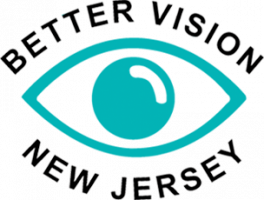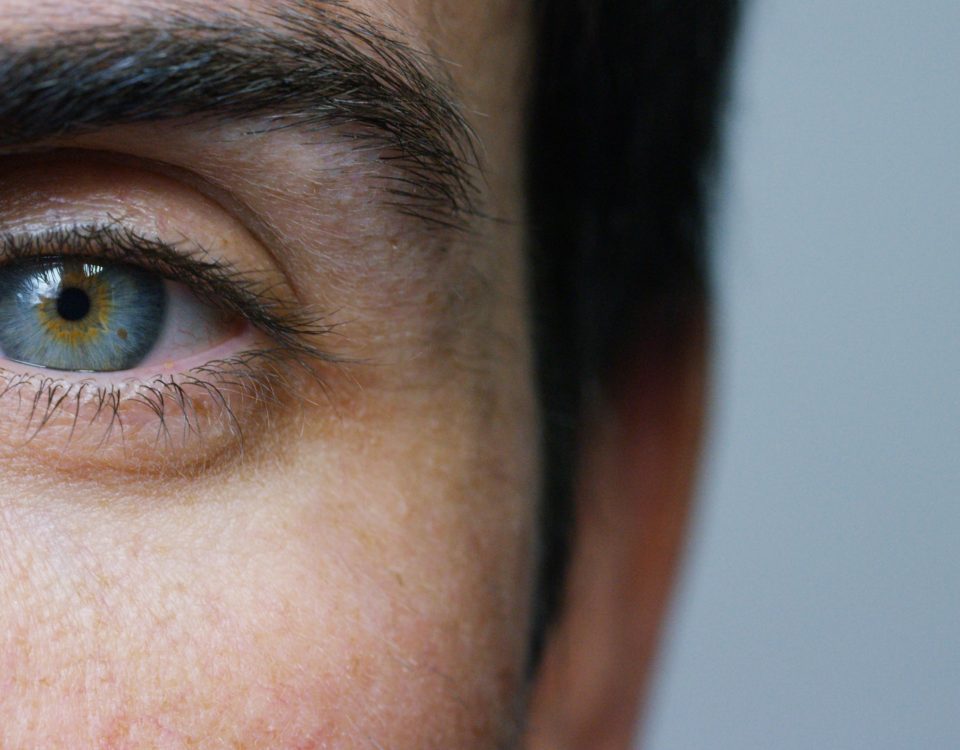The Signs and Symptoms of Glaucoma

Should I Wear Sunglasses in the Snow?
12/20/2022
We’ve Only Got Eyes for You: Loving Your Vision
02/13/2023Although more than 3 million adults in the United States have glaucoma, experts estimate that about half do not know they have it. Glaucoma can often be asymptomatic in early stages, making it difficult to spot. As a result, a person can lose as much as 40% of their vision before they notice. Fortunately, there are many ways to treat it and slow the progression of this disease.
For Glaucoma Awareness Month, we are raising awareness about this common eye disease so you can learn more and take steps to reduce your risk of vision loss.
What is glaucoma?
Glaucoma is one of the leading causes of vision loss in the United States. Although glaucoma most commonly affects middle-aged and elderly populations, people of all ages can experience glaucoma. Glaucoma causes damage to the eye’s optic nerve.
For many, damage to the optic nerve fibers occurs slowly and is undetectable. This makes regular exams with your eye doctor crucial for prevention, diagnosis, treatment, and disease management.
What are the two main types of glaucoma?
Open-angle glaucoma is the most common form of the disease. It can develop and go undetected for years before symptoms present themselves. However, with early diagnosis and treatment, we can manage glaucoma and prevent vision loss.
Angle-closure glaucoma develops rapidly and can lead to vision loss. If you experience symptoms of angle-closure glaucoma, such as sudden vision loss, eye or brow aches, headaches, eye redness, or dilated pupils, schedule an eye exam immediately.
Who is most susceptible to glaucoma?
While comprehensive exams and screenings are recommended for everyone, having any of the following risk factors makes regular eye exams even more crucial:
- Being over the age of 60
- Being of African American or Hispanic descent
- Having a family history of glaucoma
- Having diabetes
Additionally, if you have high eye pressure, are farsighted or nearsighted, or have had an eye injury, you are at a higher risk of developing glaucoma.
How can I treat glaucoma?
At Better Vision New Jersey, we offer many different types of glaucoma treatment to suit your needs, including medical, laser, and surgical options. With early treatment, we deliver the best results. Based on your unique case, our team can create a treatment plan to slow the progression of this disease and manage symptoms.
Should I be concerned?
Although glaucoma can be scary, there are many preventative measures that you can take to reduce your risk of vision loss. Glaucoma is best treated sooner rather than later, so it’s especially important to attend regular eye examinations!
Schedule a visit
Taking care of your eyesight is one of the most important things you can do—whether or not you think you’re at risk for glaucoma. At Better Vision New Jersey, we’re here to help you with all of your eye health needs.




